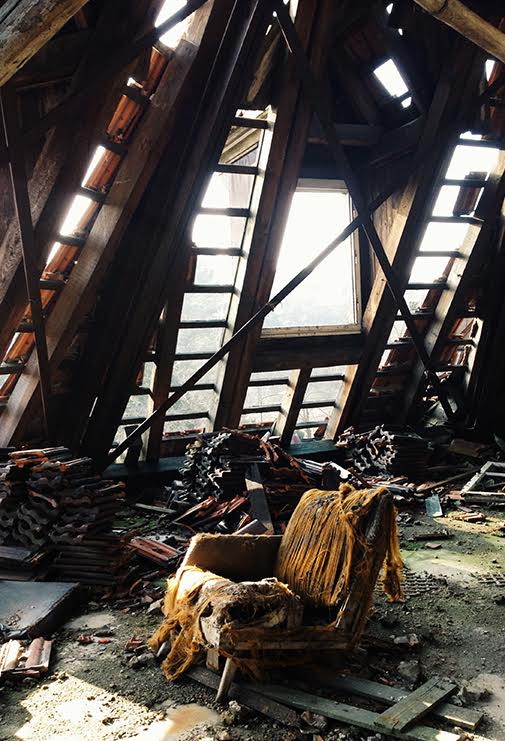- Vol. 02
- Chapter 12

A PECULIARITY OF CHARACTER
Strange obsessions prey on resolute souls in times of war.
Men have thrown themselves cheerily into the midst of paralysing horrors for the buttons in their pockets, then languished in the gloomy certainty of a painful and precipitous end when those pockets were empty.
Such peculiarities of character are common in soldiers proximate to the killing instruments and attitudes of war. Those with the advantage of distance feel their private world-weariness magnify less acutely to the acceptance that people will be people when provoked and that little faith should be placed in the preventative power of buttons.
There was once a well-respected mayor of a particular town in a particular country at war. Prior to hostilities, he had been an energetic and even-handed community pillar whose actions spoke of a deep commitment to the welfare of his people and whose counsel on all matters public and private was widely sought.
But the war being waged on distant borders cast a soldierly pall over the industrious mayor and the longer it continued, the more convinced he became it would somehow find a way to reach back from its fiercest point of disputation to eviscerate him in a luckless moment of fire and iron.
This mortifying fixation was not entirely without grounds - the cenotaph in the town square was a disquieting record of industrious officialdom cut off in similarly combative times - but it filled him with a horror so absolute, it could not be suppressed. Speculation was rife that sickness or exhaustion was the cause of his increasing disinterest in local affairs and he harnessed the gossip of the town to excuse the retreat he'd been quietly preparing since the first call to arms.
A PECULIARITY OF CHARACTER
An irregular heartbeat was confided to those most likely to share and embellish the confidence and the restless mayor hastened two-hundred miles west to a comfortable lodge high above a hamlet too insignificant for a pin on anyone's battle map.
Time passed pleasantly enough while the fronts bulged and deflated back east. Reinvigorated, the mayor enjoyed long walks in all weathers, revelling in the beauty of his native land and trading earthy observations with the unscholarly drovers across the slopes. War talk was fleeting Definitive news rarer still.
Until the morning he happened upon a cheerful, intoxicated young soldier, split from a column bound for home who regaled him with the news of a month-old armistice. Elated, he ran the shortest route home and flung open his cases, praying the fates had been kind to his beloved streets and shopkeepers.
The way it was told after the fact, four cheerful, intoxicated young soldiers out west in a column bound for home rolled their field gun off a remote road to signal a fitting salute to friendship across the open plain.
Their gesture made landfall in a comfortable lodge high above a hamlet missing from the maps and a grieving town back east cut a line in commemorative stone on the first dry morning of Spring.
